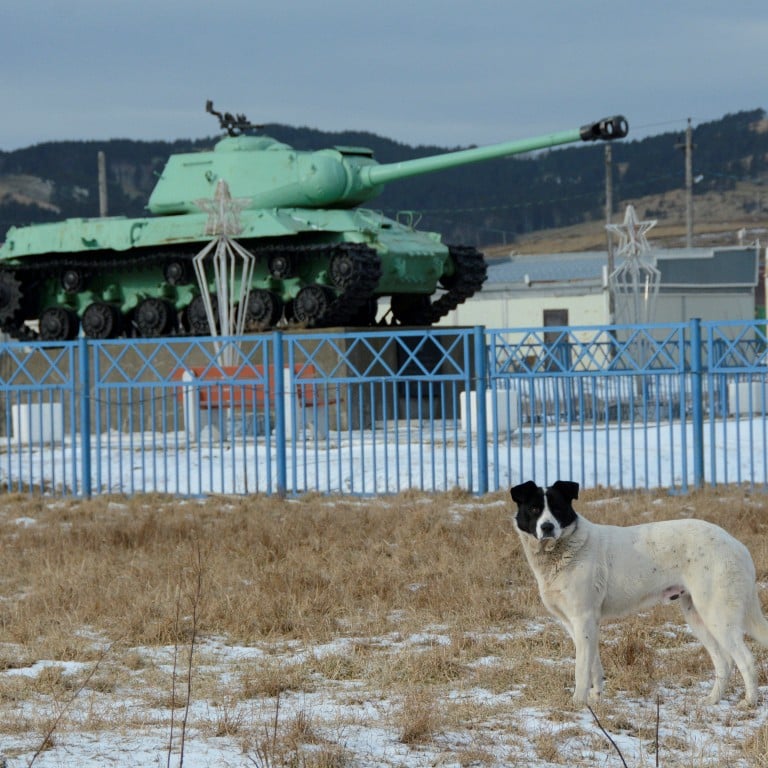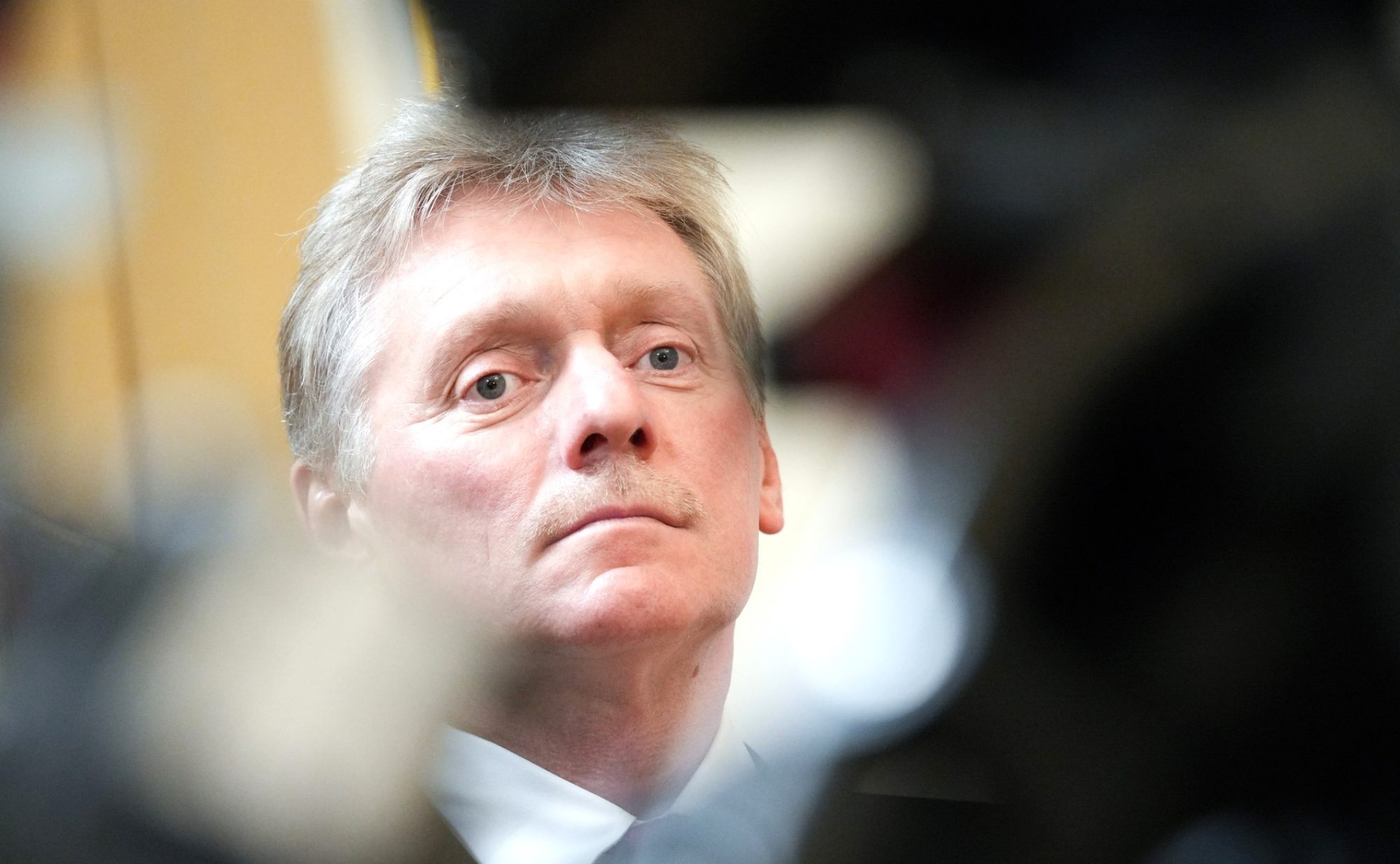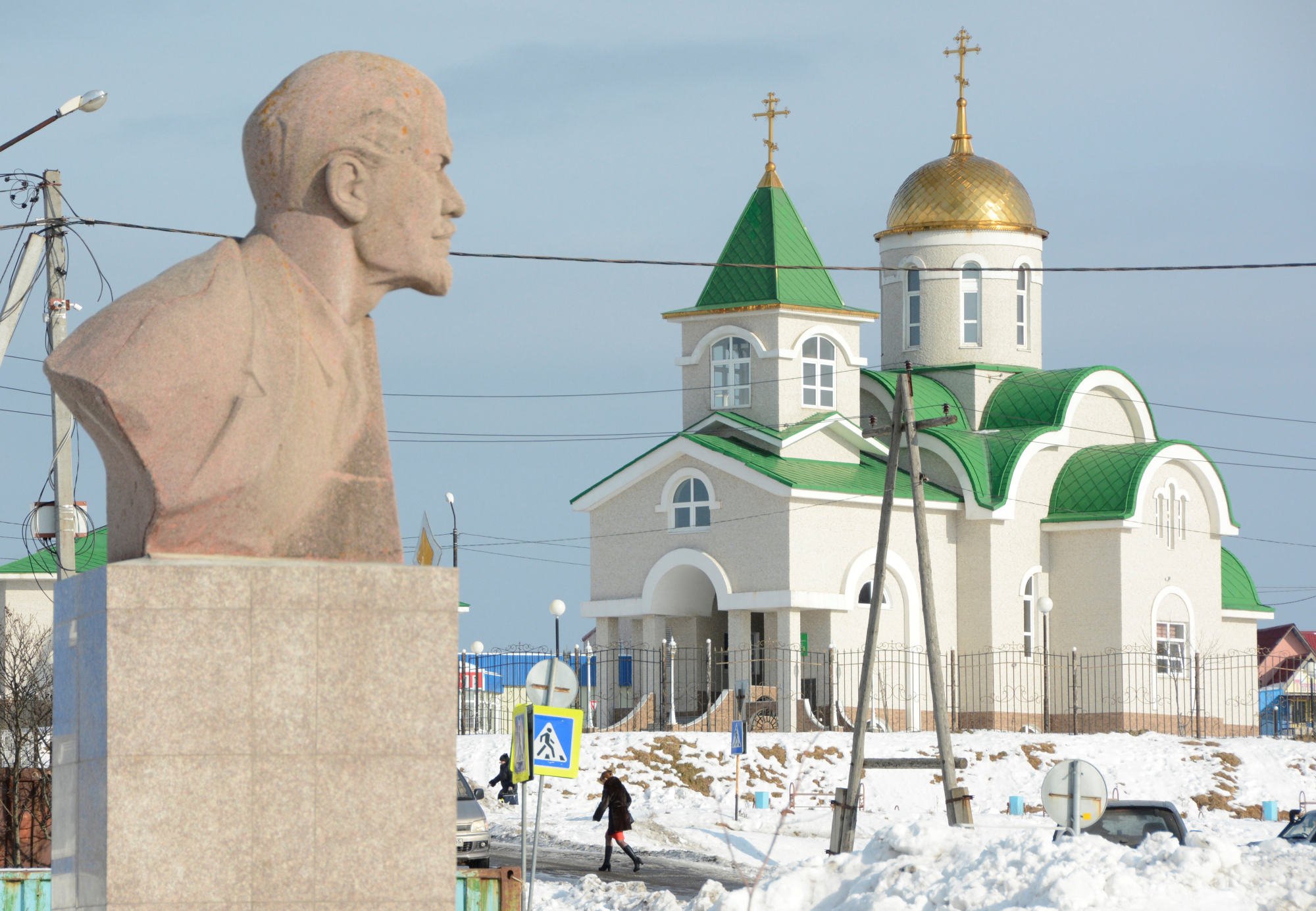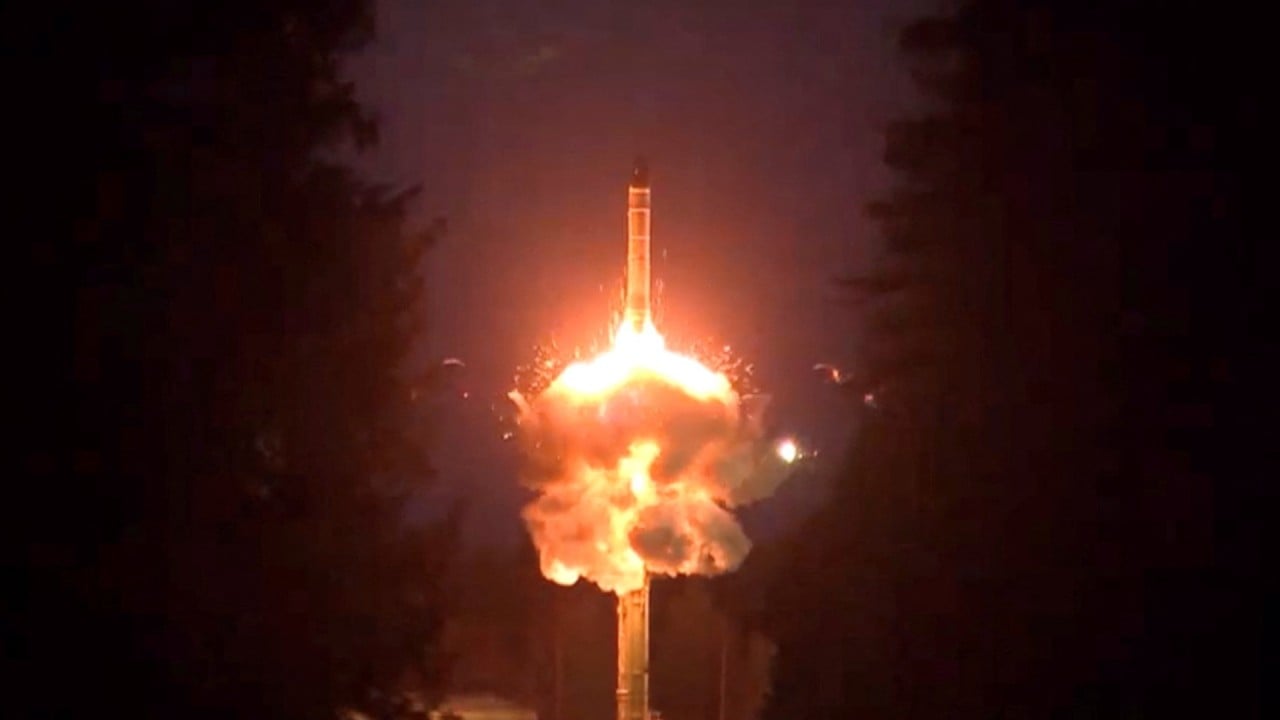
Are US troops in Japan to blame for Tokyo, Moscow never signing a treaty to formally end WWII?
- A Kremlin spokesman blamed the presence of US troops in Japan for the lack of a peace treaty between Tokyo and Moscow to formally end World War II
- Moscow’s ‘carrot-and-stick’ tactic over the treaty goes back decades, analysts say, and Tokyo is more focused on its summit with Manila and Washington

But no consensus was reached, and Putin has taken an increasingly firm line on the issue, passing legislation making it illegal to cede any Russian territory to another country. As a result of the impasse, the two countries have never signed a peace treaty to formally end the second world war.
Japan aims to fight ‘negative narratives’ with Russian exchanges: analyst
“In the past, Moscow proposed that Japan become neutral and that they would then be willing to return the islands, that a peace treaty could be signed and that there would be no reason for Japan to fear the Soviet Union,” he told This Week in Asia. “Obviously, the aim was to create a split with the US, and that policy effectively continues to this day.”
Russia has said the US-Japan security treaty gives the Americans the right to construct military facilities anywhere in Japan, and that Washington would take advantage of that agreement to build bases on the islands if they were returned.

“Moscow knows Japan needs Russian oil and gas and the new ambassador said recently that Russia would be willing to help Japanese companies that have stayed in the country, so I see this as an effort to seduce Japan and distance it from the US.”
But there is virtually no likelihood of distancing Japan from the US, Zinberg said.
Tokyo hopes to one day see the islands returned, but that cannot happen at the cost of weaker national security as a result of US forces withdrawing from Japan, said James Brown, an international-relations professor who specialises in Russian affairs at the Tokyo campus of Temple University.
He added that it was a “bit rich” for Moscow to identify the US as the stumbling block to a peace treaty, given Russia’s constant offers of an agreement over the years only to stall for time and ultimately fail to reach consensus.
In the meantime, Russia’s military continues to test Japan’s defences, Brown said. A Tu-95 long-range reconnaissance aircraft was tracked off Hokkaido earlier this month while a Russian intelligence-gathering ship has been hugging Japan’s northern coast in recent weeks, coming close to the Noto Peninsula before travelling south, passing through the Tsushima Strait and operating near the Okinawa island of Miyakojima.
“My feeling is that yes, Japan would like to have the Northern Territories back again, but the former residents are old now and there is not the same clamour for their return as there was in the past,” Zinberg said.
“The issue is not as strong as it once was, and it does not give the same leverage as it did. This will not have any effect on Japan’s relations with the US at all.”


